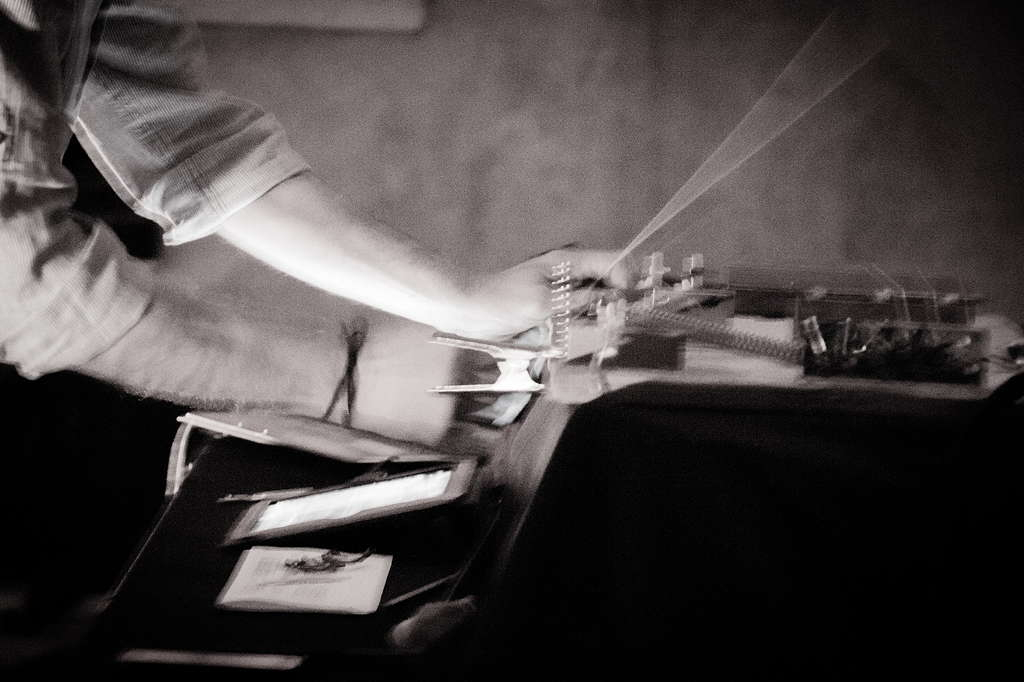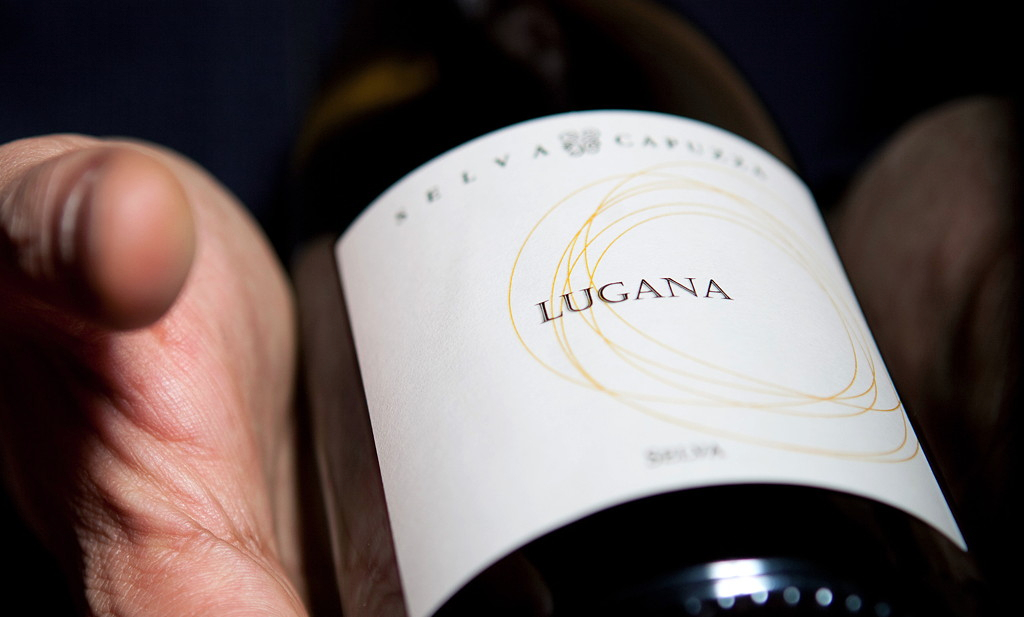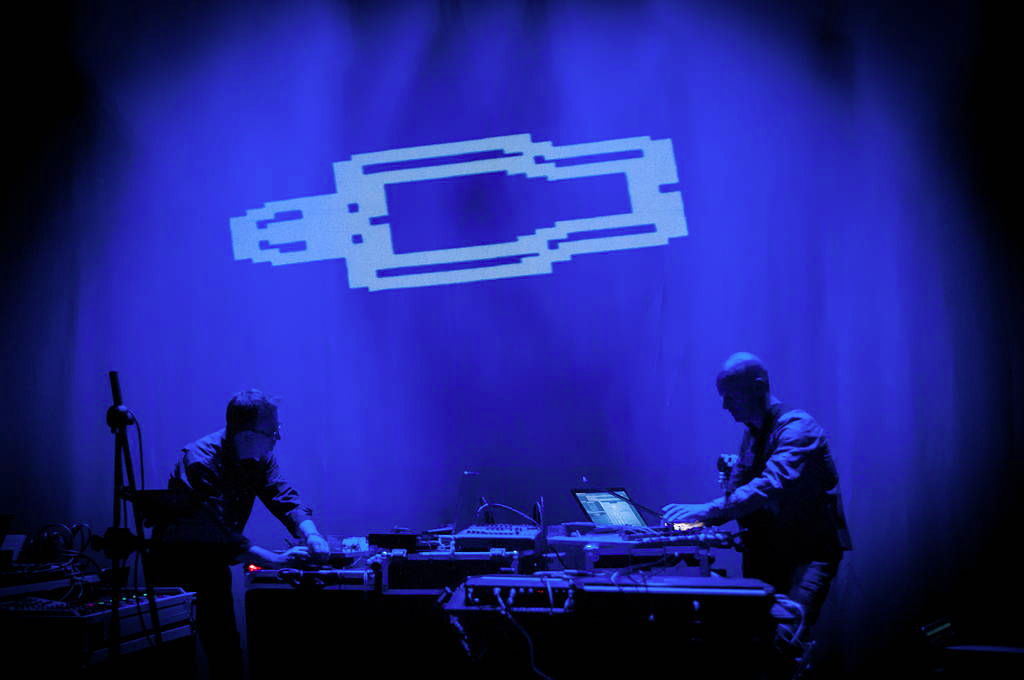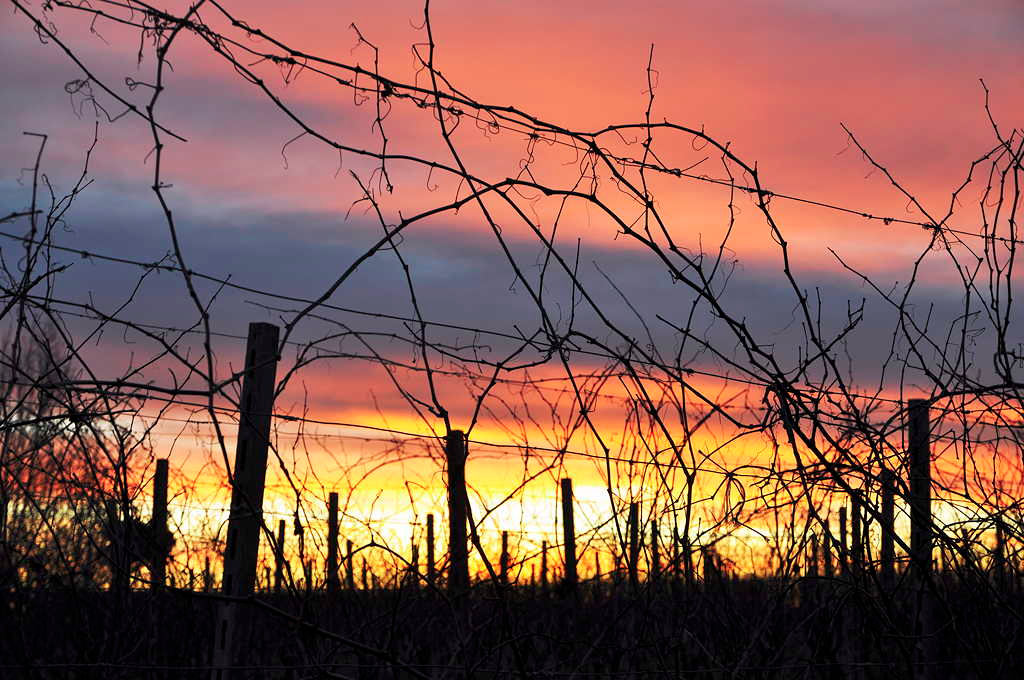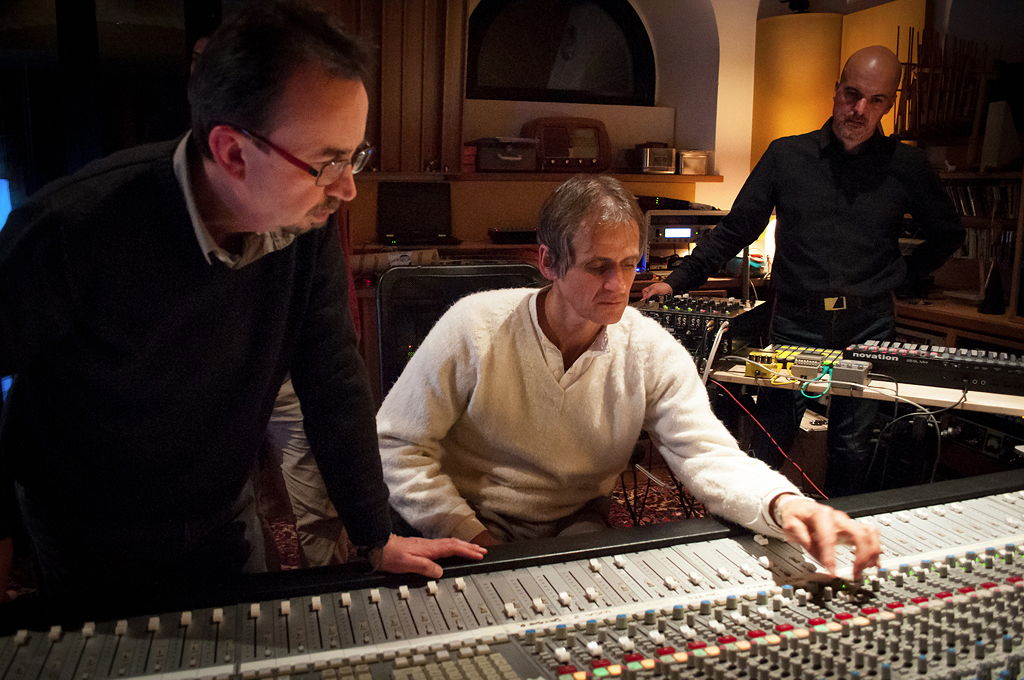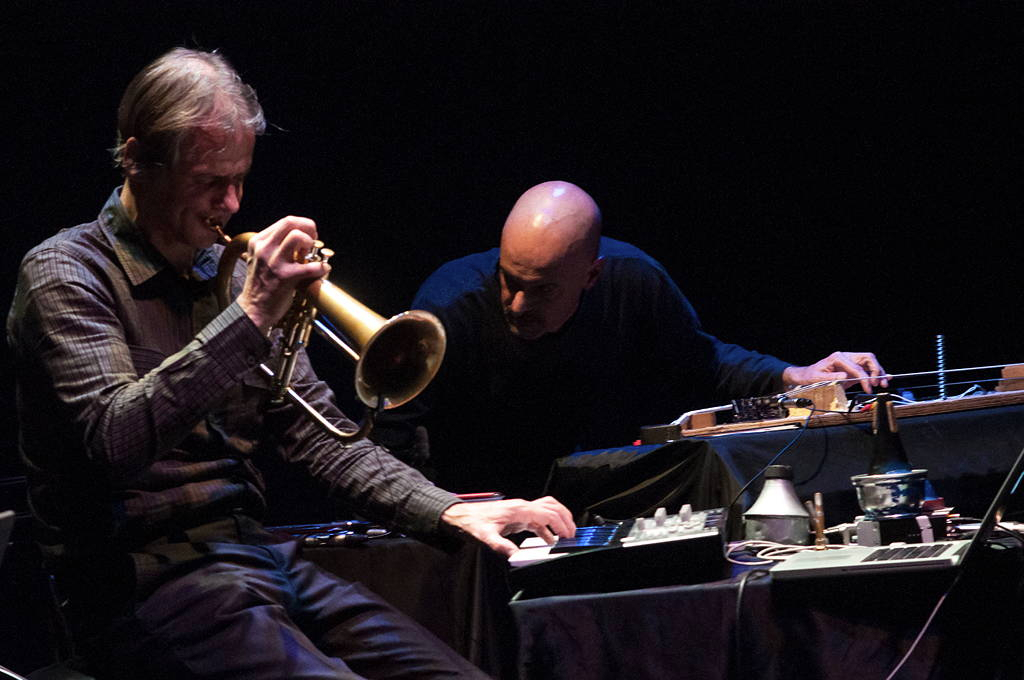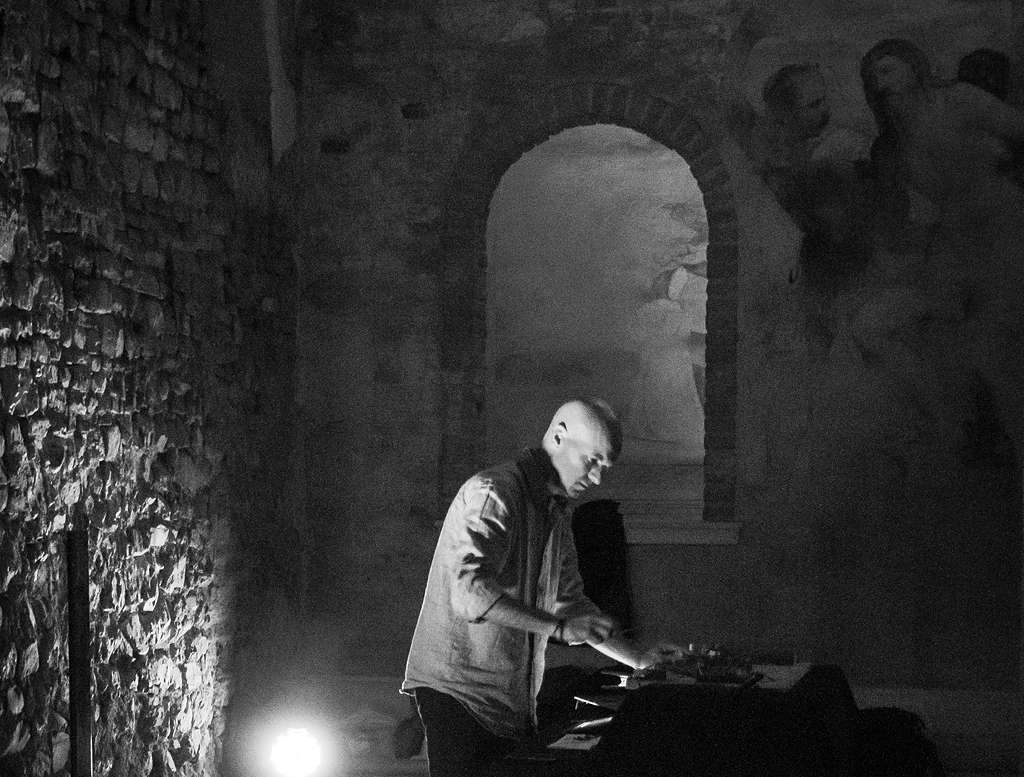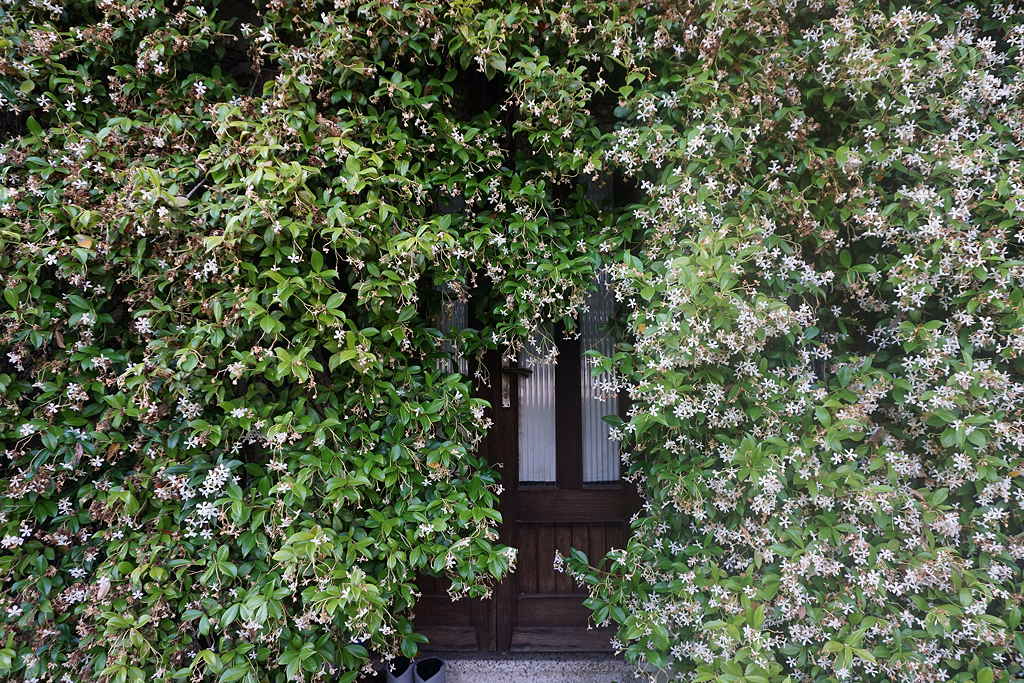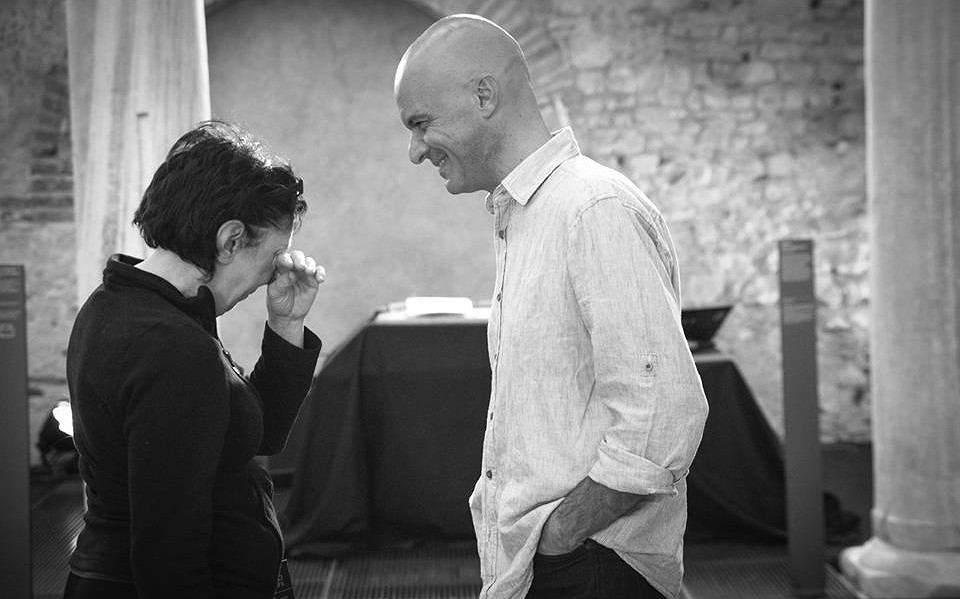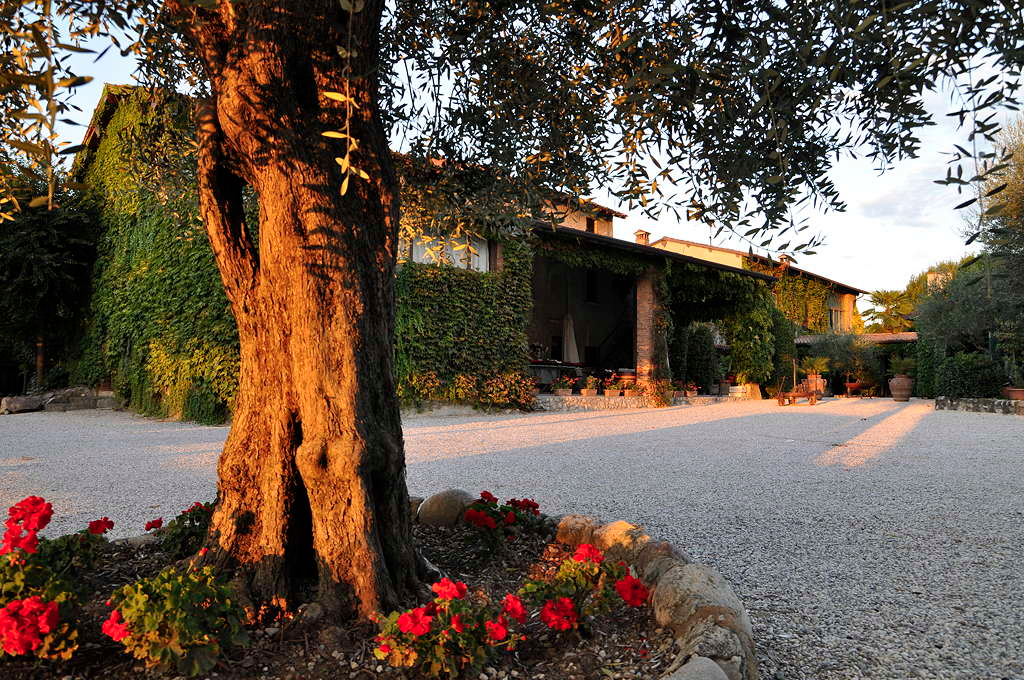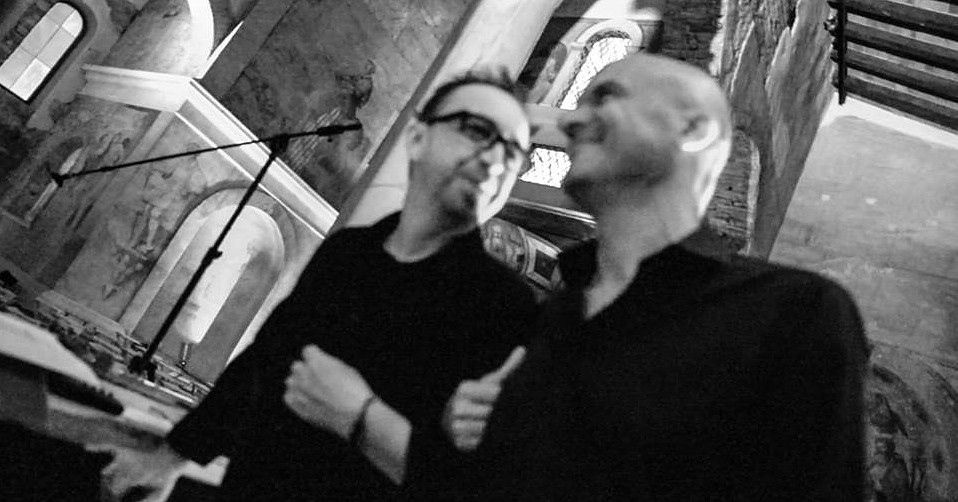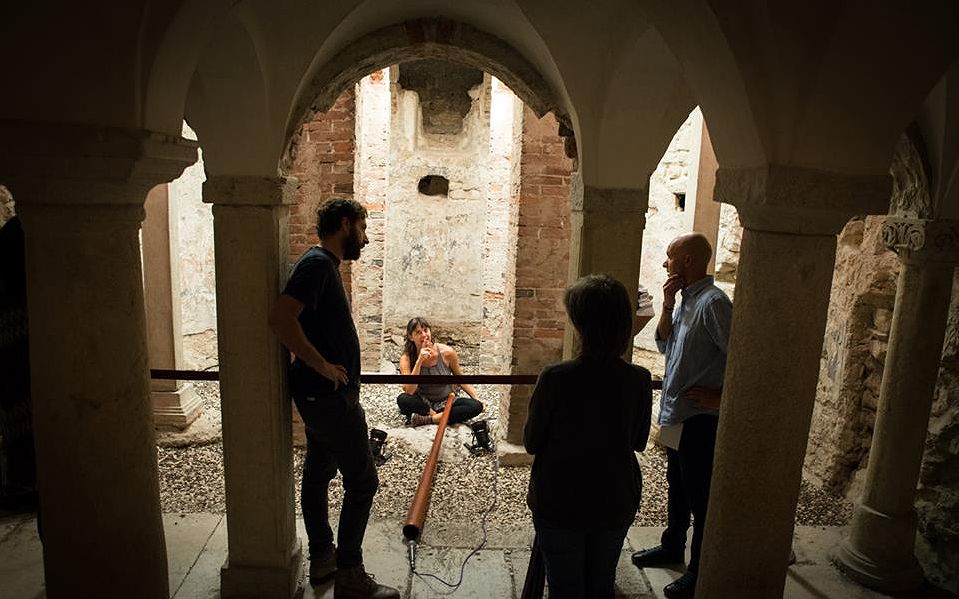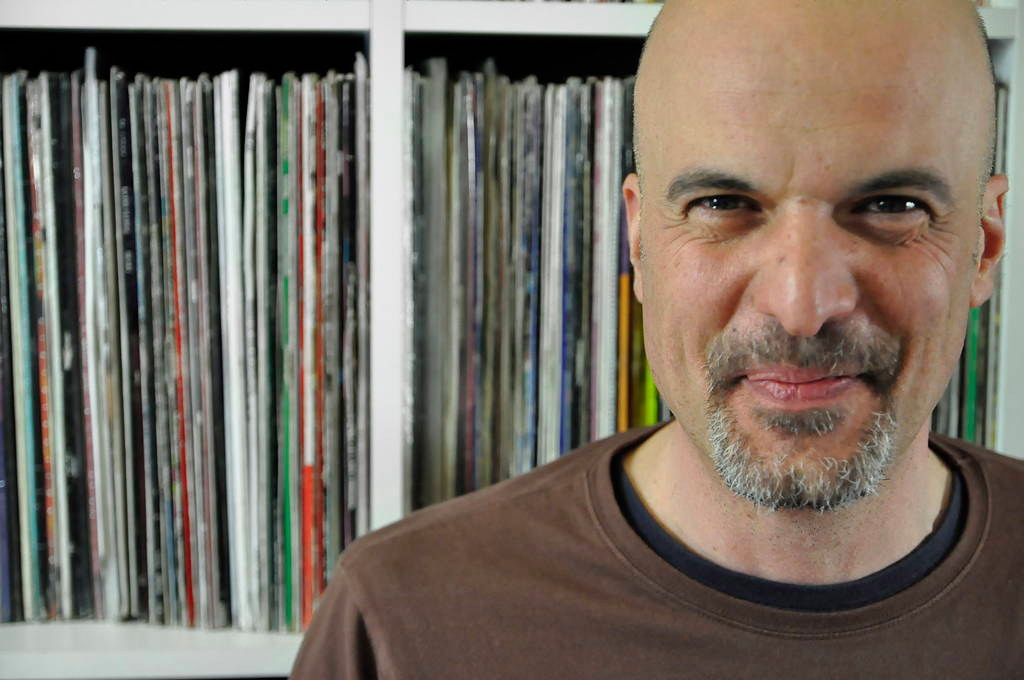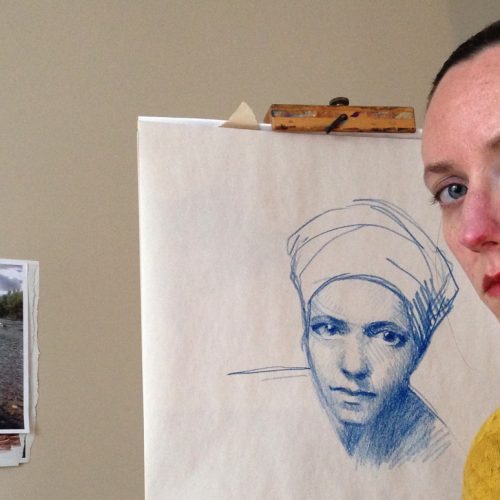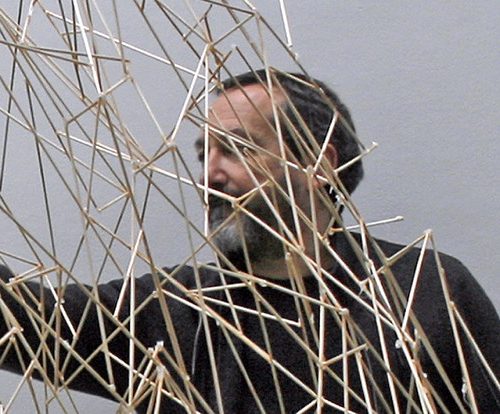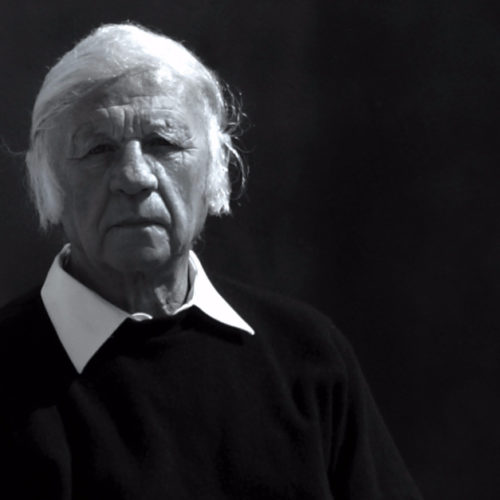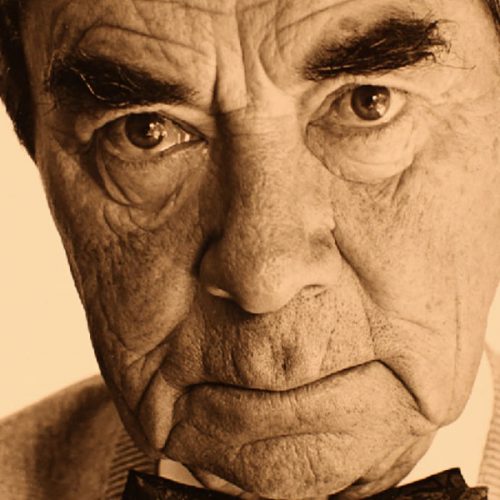Hi Luca, emotions are important to you, how do you feel today?
Hi Jens, I feel well. Many interesting things are flowing in the right direction, and me with them.
Let´s talk about the way music and wines is born: While wine needs time to develop e.g. fermentation as a natural metamorphosis, music must be composed or improvised, thus a more active process. Which one owns more depth in your point of view and which similarities do you see?
I would say the difference is to be found in the attitude behind the process of wine and music production. Many wines are produced after identifying a potential market to penetrate, so to please that audience. This is not very different from what it happens with some music. A small producer must steer away from this attitude for many reasons and concentrate on finding the right audience for his wines instead.
Wine making starts way before grape harvest. It starts from the idea of a wine and, most importantly, from a personal expressive intention, an inclination.
On the other hand, each harvest, calls for an interpretation, which has a lot to do with the immediate reaction to listening. This is exactly the essential element which allows immediate composition, also called improvisation.
Wine production as I see it, is not that different from music production seen from the role of the artistic producer. It has that almost magic and essentially human capability to turn each detail into an essential positive part of the whole to allow the best possible result given the available elements.
As it is for a music producer, the wine producer is the person who reads the potential of each one single part involved in the game and has the vision to translate it into a final result which is the sum of the best characters of each element.
In my experience I would say that more than being a sum, it is a multiplication. This is defining the true identity of the production brand. And, is must fermentation that far from the emotional engagement, that out of control boiling of soul, which is behind many deep and intense works of art?
Finally, I invite you to thinking that music is inevitable, as is each new season’s blooming.
Would you describe winemaking and/or making music as „informal“ and in a way a catharsis method?
As I was saying earlier yes, indeed. Actually I understand this is truly personal view and might not be the case for many other collegues, especially those whose approach is strictly market-oriented. I think techniques are important but they are not the key to a meaningful wine.
No need to say the same is for music, where sometimes you even want to preserve that certain technical imperfection to help the narration to preserve a warmer and honest human expression.
In wine making nothing can make a technical issue acceptable, still I surely want to be able to read the rhythm of the vintage, the sound of the producer, the timbre of the terroir and the voice of the grape variety. And the evolution of each of them.
In music the only way to know an author’s identity and style is listening to a full album at least; a single song wouldn’t be enough. The same, once again, happens with wine, where it is essential to taste many wines to really get to know the producer.
Your climax: Consumption or creation?
Creation, and protection if I may add it.
The output of wine and music: Both should trigger something in us, to be able to get further, to open up our senses and evolve. Which ability/characteristics music or wine should have to reach this output/input?
I think we should start from the concept behind the word “quality”. This is often centered on the quantitative measure of the parts that are composing the whole which is expressed by the product.
This kind of performance-oriented attitude prizes itself and not the human connection to what can make you, as a single person, able to create your personal environment.
When we bring this into wine and music the possible answer to your question is probably something like: no taste is wrong, be adventurous and share your findings! I’m interested in perception, in those feelings which live in the inexpressible realm, in human relation with abstraction.
Connections between music and wine have been vastly explored (and often abused imho) lately. However I think the main difference is played by the “listener” instead.
To really feel wine you should “let them happen” or, better said, to be available to being moved by them. That is essential, this is the real key for a direct relation with your perception.
You said once: „…and we still see emotions as something for the weak ones.“ Which change do we need in society in terms of a wine and/or music consumer?
Communication is often lead by mass markets who need believers, so to know they will all respond the same way to the same stimulus and signals.
There’s no interest to let them grow and be more confident with what they feel.
It seems being available to be moved by emotions (and when we are talking about emotions we know we aren’t talking about those “cheap” ones that immediately have come in mind to the sarcastic readers) is for many a sort of ridiculous weakness. But lately we see a growing number of wine and music lovers who are confident enough to explore beyond the most famous and socially accepted brands and genres.
In Selva Capuzza the motto is “Trust your taste”.
It is an invitation for people to trust their own feelings, knowing there’s much more in there than the simple enjoyment of wine.
Still, we need them to feel like there is nothing chancy in tasting a product which hasn’t been made to unconditionally please them, or listening to it.
The only real risk is they find out what they really like and understand their wine cellar or music collection needs to be split into two sections: “before/after”, to start a new, more personal, mature, deep and adventurous phase.
Being both invisible wine and music hold a tremendous emotional potential. They happen inside us, when we allow them to.
This is happening in a human era which is lead by image, condition that adds a certain additional resistance.
Imagine you change papers. From now on you must create music to pay bills and winemaking becomes a voluntary activity. What would change?
The most part of my life would change. For the better? You might ask. Yes, I would say at this time in life.
Music business is not easier than wine business, not at all. In particular when you face it with the idea of performing and living by your own music. At almost fifty this would be a very intriguing new travel and challenge.
This shift might be coming sooner or later.
How much freedom of interpretation you face with winemaking?
I feel very free because we as a company have a solid base made by the character of our terroir and the identity of the 6 grape varieties we grow, which are just the indigenous and traditional ones.
I look for the most undisturbed translation of such grapes into wine. Of course there is a commitment to the responsibility of making the figures positive.
I also know there are some special persons who would at least allow me to take a chance to expose my eventual new products to their audience.
Time for pairings of your own products. Which wine you prefer to drink and why – while listening to:
your album Subterraneans
Lugana Riserva Menasasso http://www.selvacapuzza.com/lugana-riserva-menasasso
The album is about depth and who dares to live deeply. This is a wine for this kind of attitude. It is about those details which become structure, the vital importance of sense of balance, it is about aging with harmony, preserving that freshness that allows everything to flow free.
your album Tacet
Campo del Soglio http://www.selvacapuzza.com/campo-del-soglio/
Tacet is about the need to recover silence. Music is able to bring you closer to silence as a physical condition than anything else I know. Campo del Soglio needs you to get closer to it to listen to the most subtle detail it’s able to reveal at your ear. And while you do so, you become aware you are listening to yourself. The most important sound in the world.
the EP The Eyes from SenderFlos?
Hirundo Rosè Sparkling http://www.selvacapuzza.it/hirundo-garda-rose-brut-metodo-martinotti
This is music with a different kind of energy, as it is with this wine which is able to express electricity and solidity at the same time. Both this wine and music are very physical and still have a tension to bring you to fly.
With whom you would love to make music and drinking a glass of your wine?
Oh, I would love to play music while drinking wine with many musicians!
At this moment I would think of Mark Hollis, Arvo Part, Thom Yorke, Jon Hassel, Oren Ambarchi, Jan Bang, Murcof, Arve Enriksen, Max Richter, Bill Laswell and many others…
Your are also the president of the Consorzio Tutela Lugana DOC. How future of this DOC sounds like?
Lugana is an amazing example of the potential you get when you match a very unique land and an indigenous varietal.
It is a surprisingly old Doc, consider it is one of the very first “wave”, being born in 1967, 50 years in 2017! I mean, it exists since ages, speaking wine timelines. However it has developed slowly, creating a very solid base which allowed it to be ready when the world got ready for it.
And here is lugana now, a very honest and startightforward wine with a specific character and story to tell.
I cannot think about nothing but a positive future for it.
We could listen to your new album which is still not released. ( I think it is good to name the band, Flos) Psychedelic Post-Rock influences, clear atmospheric structures, noises, saxophone. What is your approach?
After the bands of my musical youth I’ve been playing solo for many years, occasionally sharing the stage and the studio for specific projects.
After releasing Tacet I felt the need of sharing a stable project with a local musical partner. I’ve met Stefano Castagna 8 years ago. He owns an amazing professional recording studio immersed in the countryside 4 km from me.
We started Flos in 2011. The idea is creating music free from the limits of structure so to be able to host our self made sound sources, the so called “Tavole di Flos”, a surprising and spontaneous simple invention.
Since then we’ve performed in many international festivals and unconventional locations, often in an open dialogue with other artistic languages. More recently our focus is in one-time site specific installations. You can have an idea visiting www.flosweb.com
The new album ( the third as Flos) will be an interesting balance of composition and improvisation. It will offer a wide view over our musical vision, this time with a full use of any available instrument and with some excellent guests as Laurie Amat, Markus Stockhausen, Steve Piccolo and others.
Informations at:
Personal musical website: www.unguitar.com
Flos’ website: www.flosweb.com
Winery: www.selvacapuzza.it
The Consorzio Lugana: www.lugana.wine

